Work Visa
Working as a freelancer with a working visa
- 2025.12.17

Many assume that foreign nationals must sign an employment contract with a Japanese company to obtain a working visa. However, signing an employment contract is not always necessary, and foreigners may obtain a working visa by having a side job or working as a freelancer since work style has become diverse in this current era where even remote working is possible. In this column, we will talk about whether foreigners can work as self-employed freelancers with a typical working visa called the “Engineer/Specialist in Humanities/International Services” visa as well as what to keep in mind when working as a freelancer.
Is it possible to work as a freelancer with a working visa?
Let us get straight to the point! It is possible to work as a “freelancer” with a working visa. The Engineer/Specialist in Humanities/International Services Visa does not necessarily require the visa holders to be an employee under an employment contract, nor designate forms of work contract.
This is because the Engineer/Specialist in Humanities/International Services Visa is defined as a visa granted to
“Activities to engage in duties which require skills or knowledge in the field of physical science, engineering, or other natural science fields, or in the field of jurisprudence, economics, sociology or other humanities fields, or to engage in duties which require the ways of thinking or sensitivity founded on foreign culture, based on a contract entered into with a public or private organization in Japan.”
More specifically, the types and numbers of the “contract entered into with a public or private organization in Japan” are not designated.
Working as an employee under an employment contract concluded with one company is just an example of work style, so the “contract” above is not limited to such employment contract.
In other words, there is nothing wrong with receiving requests from various companies as a freelancer and receiving compensation from them.
However, in case of freelancing, there are several points to be careful of, as freelancers are usually not promised regular and stable compensation, unlike salaries under employment contracts.
Cautionary points for freelancers
It is possible to obtain a working visa as a freelancer, but since freelancing is less stable than being employed by a company, it is more difficult to be granted a visa.
There are also some points to keep in mind when engaging in activities after obtaining a status of residence.
In other words, there are additional points to be careful of, other than the general requirements for the Engineer/Specialist in Humanities/International Services Visa (see here).
◆Job stability and sustainability
In order to obtain a working visa, you must have a steady and enough income to make a living.
In case of a general employment contract, a fixed salary is paid consistently every month, which should be more than the minimum required amount, and various laws and regulations such as the Labor Standards Act guarantee employees have work opportunities and certain statuses with great care.
It is not easy for companies to reduce salaries or terminate contracts (i.e. dismissing employees).
On the other hand, freelancers are not so-called employees, so in general, the terms of the contract differ depending on what kind of contract they enter into with each client.
Delegation contracts are the majority, but the conditions for premature termination, the term of contract, the amount of remuneration, etc. may not be stable in those contracts.
Therefore, considering that it is necessary to prove that the work as a freelancer is stable and sustainable and to obtain permission from the Immigration Bureau, we recommended that contracts between clients and freelancers be in writing, rather than only verbal.
And when it comes to contracts, there are several ways to make it easier to obtain permission, so we will introduce them here.
1) Contract type
Generally, there are two types of contracts between freelancers and clients: an “outsourcing contract” type, where the freelancer is paid a performance-based fee according to the amount of work, and a “delegation contract, commission contract, quasi-commission contract, etc.” type, where the freelancer is paid a time-based fee.
Considering stability and sustainability, other factors being the same, the contract type should be a “delegation contract, commission contract, quasi-commission contract,” etc., with monthly remuneration if possible.
Regular payments allow freelancers to have a stable income and make it easier for clients to manage their budgets.
Monthly remuneration would have great benefits for both parties, so it is important to clearly state the terms at the time of contract.
2) Contract term
Longer contract periods are preferable.
To prove that the work is stable, a contract of one year or more is usually desirable.
3) Number of contracts
If possible, having multiple contracts is preferable, this not only increases stability, since the termination of one contract would then have less of an impact on your revenue; but also increases the scale of your work, which can be beneficial for justifying your stay in Japan.
4) Contract termination
Please be careful not to have the contract being able to be terminated suddenly and unilaterally from the client. It is better to make it necessary to request termination several months in advance.
◆Payment of taxes and social insurance premiums
Paying taxes and social insurance premiums is a legal obligation that applies to all people who live in Japan long-term.
While employers pay employees’ social insurance premiums and withhold tax from their salaries, freelancers must carry out these procedures on their own.
You would also need to enroll in the National Pension and National Health Insurance and pay them in time.
Additionally, you would also be required to file a tax return every year to declare your income, and the following year’s resident tax and income tax are calculated based on this return, so you must pay them by the deadline.
Freelancers file tax returns as sole proprietors, so they may take tax-saving measures such as recording expenses (losses), and their declared income may be slightly lower than their take-home income compared to that of regular workers and salaried employees.
However, in order to obtain a working visa, you need a stable income, so excessive tax savings are not recommended. Even if you are able to obtain a working visa, there may be problems when renewing the working visa.
In addition, sole proprietors and freelancers are often perceived as less stable than general workers and salaried workers, so please consider that you will need more income than the approximately 200,000 yen per month that is said to be necessary for a normal Engineering/Specialist in Humanities/International Services visa.
◆Notification of change of affiliated organizations
For many visas, including working visas, you are required to declare your affiliation, and if there is a change in your affiliation or activities due to changing jobs, etc., you must notify the Immigration Bureau.
For general working visas, the corporation that employs you corresponds to your affiliation, but for freelancers, the concept of belonging to a single affiliation does not apply, so you must declare all of your clients.
In other words, you must notify every time you enter into or terminate a contract with a client.
If you are left without an affiliated organization (i.e., a client) for more than three months, this may be grounds for the termination of your residence status, so be careful.
◆Employees
If your business grows and you need to hire employees, you will need to change to a business manager visa. This applies even to sole proprietors who have not incorporated.
Summary
This time, we have briefly explained how to obtain a working visa and work as a freelancer. Compared to applying for a working visa as an employee, applying as a freelancer is certainly more complicated and difficult.
However, if your work is suitable for freelancers, such as translators and interpreters, or if you want to work independently and increase your income, you can also obtain a working visa and work as a freelancer.
Our office has extensive experience in applying for working visas, so please feel free to contact us.
We are Yanagi group, which have offices in Osaka (Abeno and Tennoji), and our affiliated offices in Tokyo (Shibuya and Ebisu) are also available for an on-site consultation. We have handled many applications for permanent residence permits, naturalization permits, work visas, college student visas, management visas, etc., as well as visa renewal procedures related to the status of residence with the Immigration Bureau (Immigration Bureau) as a one-stop service. Our experienced administrative scriveners are also available to help you with any problems you may have.
We also have staff members who can speak each of the native languages and can assist you in obtaining a visa.
※If you wish to be consulted in Nepali or Bengali, please inform us in advance via our website or social media, and the translator will contact you ahead of time.
Please feel free to contact us if you have any questions about your status of residence or visa, even if they are trivial.
Toll-free number: 0120-138-552
For English speakers: 080-9346-2991
For Chinese speakers: 090-8456-6196
Editor of this article
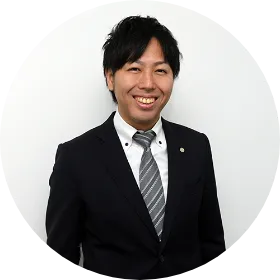
- Ryota Yanagimoto
- Administrative Scrivener/Judicial Scrivener
At the age of 24, he passed the national examinations for judicial scrivener, administrative scrivener, and wage service manager at the same time.
While working as a full-time lecturer at a major prep school, he independently opened a legal office related to judicial scriveners and administrative scriveners,
and he has experience as a judicial scrivener and an administrative scrivener for more than 15 years so far.
He has been actively contributing to various industries such as publicly listed companies, real estate companies, financial institutions, elderly care services, and professional organizations by conducting seminars, lectures, and talks.
And now he has a record of over 60 presentations so far.
Furthermore, as the president of a Japanese language school announced by the Ministry of Justice and Acts, and an advisor to a real estate company (capable of handling foreign clients),
he has been involved in various aspects of industries related to foreigners.
It is recommended to consult with experts when it comes to visas, naturalization, and residency matters.

Our office has specialized experts in visa and naturalization applications who are available to assist with free consultations (limited to the first session) and inquiries related to various visa applications and naturalization applications.
Additionally, we have foreign staff proficient in English, Chinese, and Korean languages with specialized knowledge, and they are present to provide support. They can accommodate consultations and inquiries in each language. Feel free to use our free consultation and inquiry services from here.







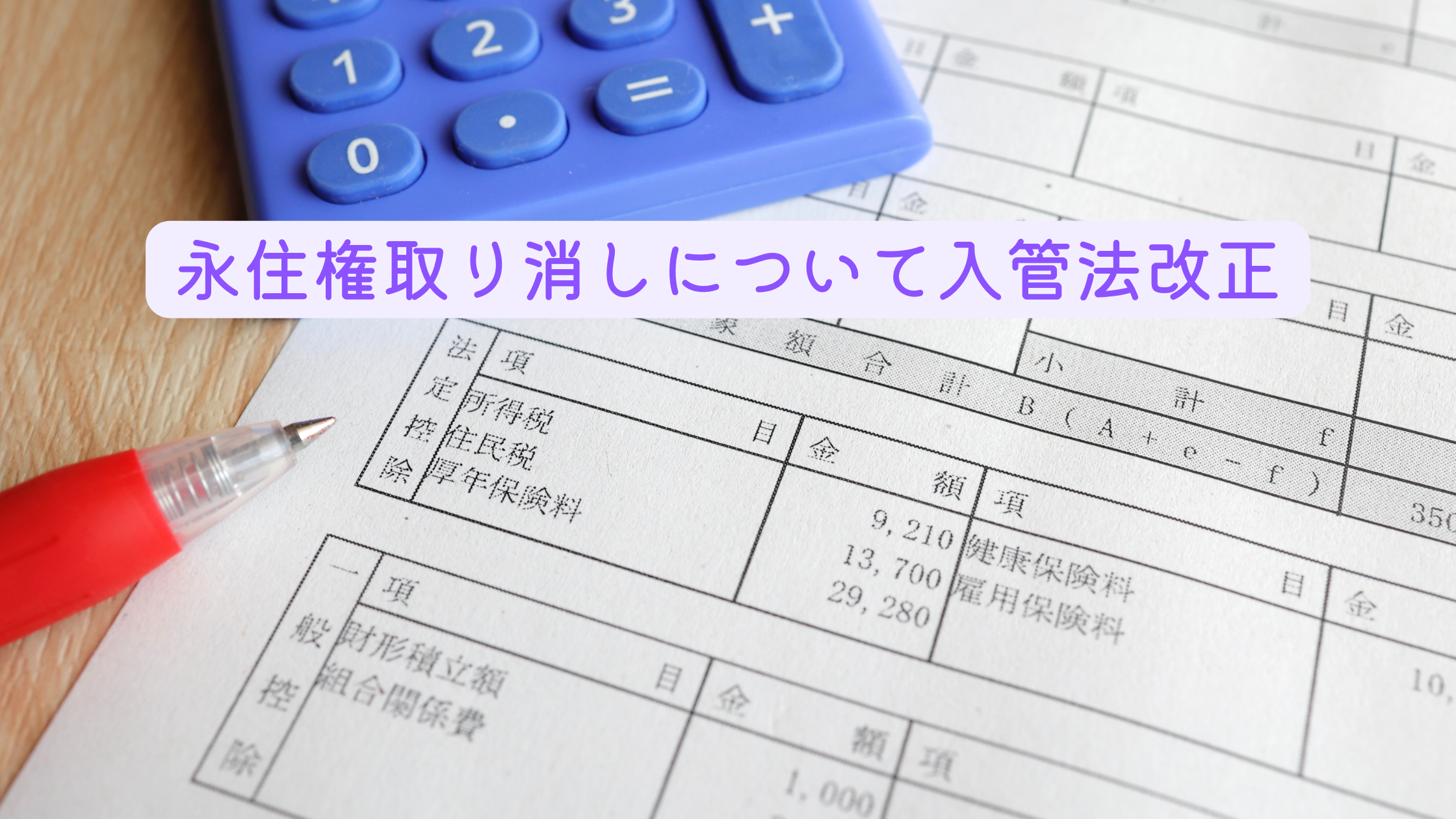















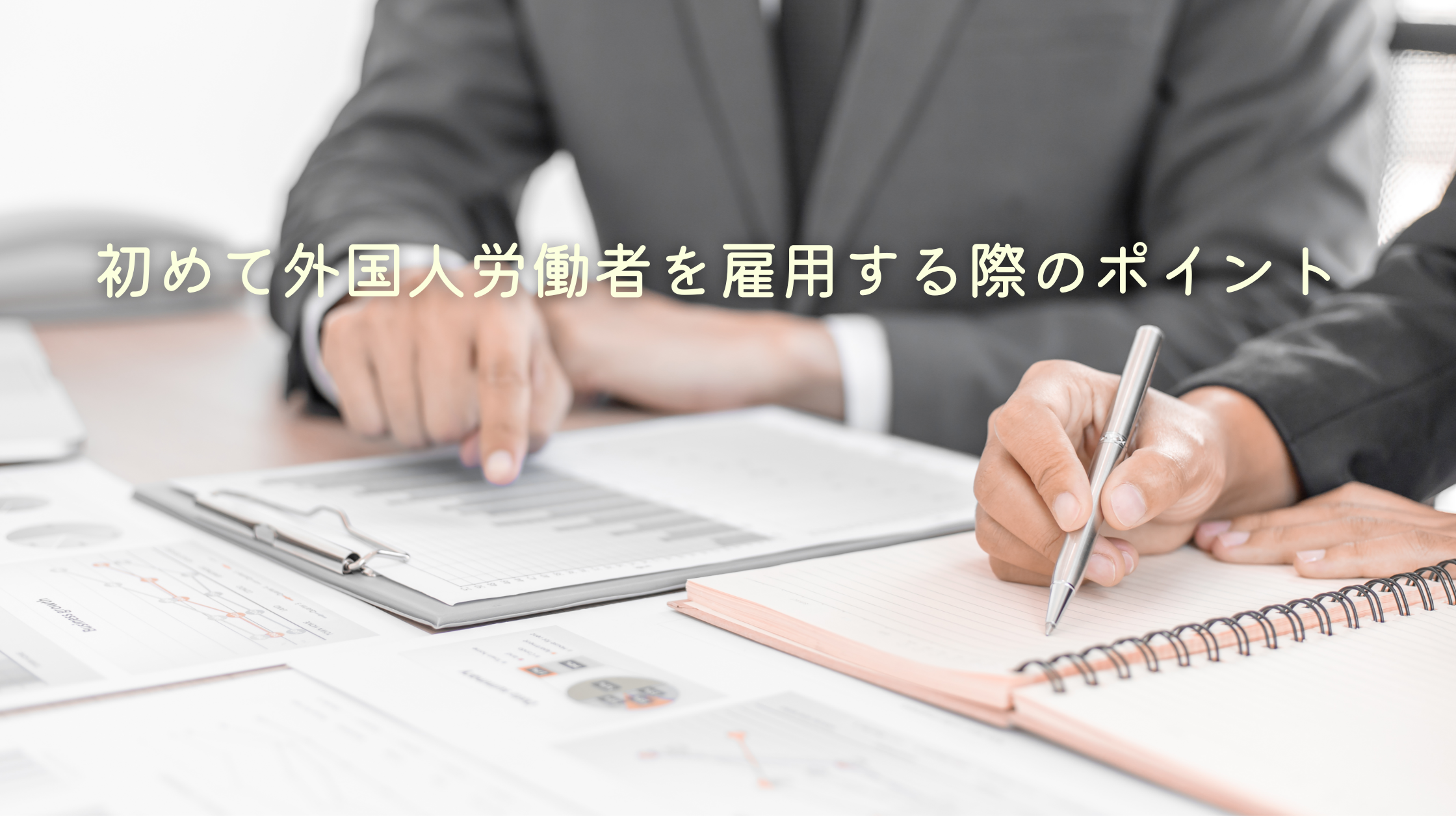
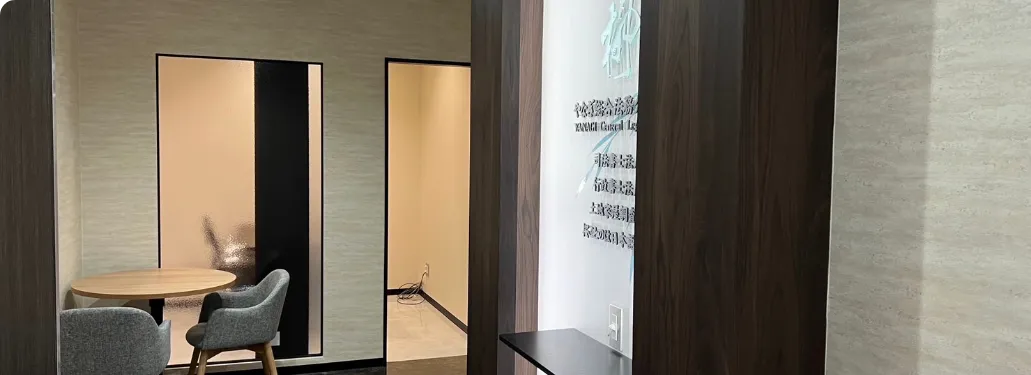
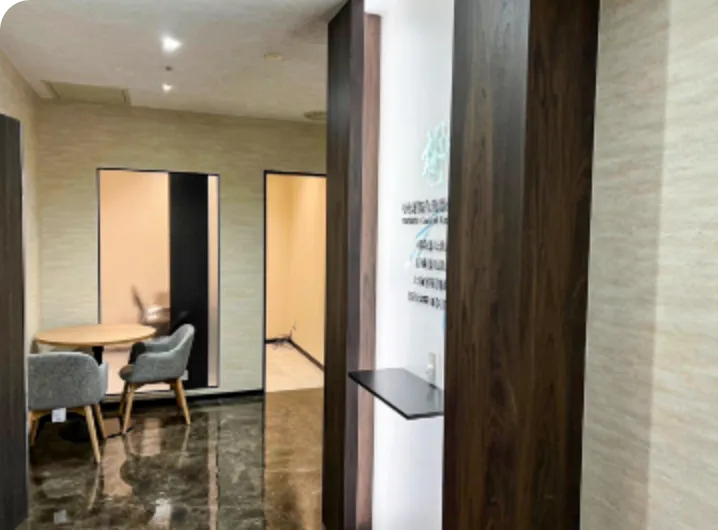
 0120-138-552
0120-138-552 Free
Consultation
Free
Consultation Contact Us
Contact Us